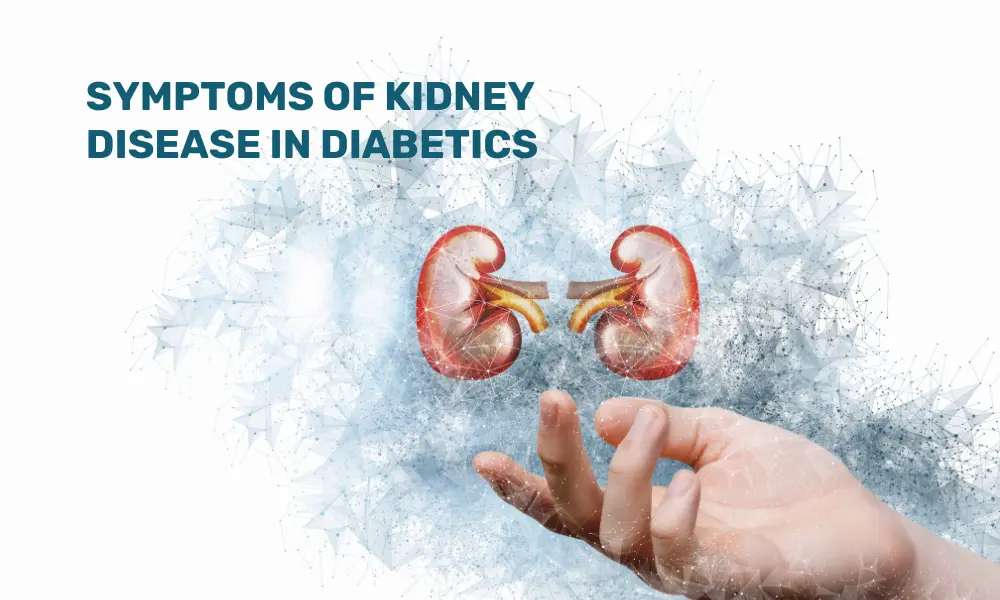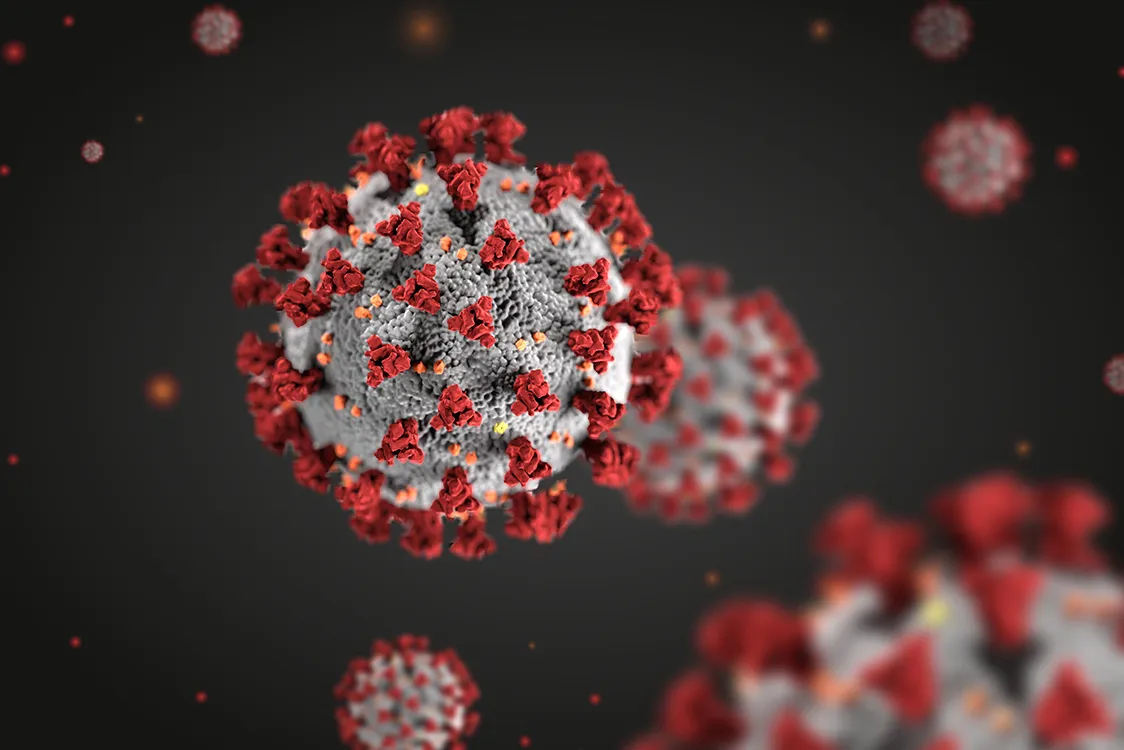People with diabetes are prone to multiple health conditions, one of them is kidney disease. Kidney disease, especially diabetic nephropathy, is one of the significant complications associated with diabetes. Over time, high blood glucose levels can gradually damage the blood vessels in the kidneys, impairing their ability to filter waste and excess fluid from the body. Diabetics should be aware of such complications and know about the early warning signs of kidney disease, mainly arising as a health complication of high blood sugar.
Let us examine the five most overlooked symptoms of kidney disease in individuals with diabetes.
-
Swelling of Feet, Ankles, and Hands: Diabetic nephropathy often leads to a buildup of waste and fluid in the body, resulting in swelling, particularly in the lower limbs, such as the feet, ankles, and hands. This edema is a sign that the kidneys are struggling to balance fluids and sodium levels. People might ignore this swelling, assuming it is due to weight gain or long hours of sitting.
-
Leg Cramps: Leg cramps, particularly during the night, can be another overlooked symptom. They occur due to an imbalance in electrolytes, such as calcium and potassium, which are regulated by the kidneys. When kidney function deteriorates, these imbalances can cause muscle contractions and painful cramps. Diabetics often ignore these cramps or attribute them to other issues like dehydration or a lack of exercise.
-
Frequent Nighttime Urination: Diabetes can lead to increased urination, particularly at night. However, when the kidneys are damaged, they become less effective at filtering waste, resulting in more frequent urination, especially at night. Many people may not associate this with kidney disease and instead attribute it to other factors, such as fluid intake before bed or aging.
-
Unexplained Fatigue and Anemia: As kidney function declines, waste products build up in the blood, leading to feelings of fatigue. Additionally, the kidneys produce a hormone called erythropoietin, which is crucial to produce red blood cells. When the kidneys are damaged, lower levels of this hormone can result in anemia, leading to symptoms such as paleness, weakness, and persistent fatigue. Diabetic patients may mistake this fatigue as a symptom of their diabetes or lifestyle, overlooking the possibility of kidney damage.
-
Protein in the Urine: One of the earliest signs of kidney disease is the presence of protein in the urine, which often causes a foamy or bubbly appearance in the toilet bowl. This occurs when the kidney’s filtering system becomes damaged, allowing proteins, such as albumin, to leak into the urine. Most people dismiss foamy urine as normal, but it’s a clear sign that your kidneys might be under stress.
It is crucial for people with diabetes to regularly monitor their kidney health through routine blood and urine tests. Early detection of kidney disease can help prevent complications such as end-stage renal disease, which often requires dialysis or kidney transplantation. It is vital to consult a doctor if these symptoms surface continuously.
Some preventive measures include
-
Keeping blood sugar levels in check
-
Managing blood pressure
-
Following a kidney-friendly diet
-
Avoiding excessive use of painkillers
-
Regular exercise and weight management
-
Limiting the intake of salty and processed foods
Timely intervention is important, especially in the case of high blood sugar patients, as it can impact the normal functioning of the kidney, leading to a medical complication.
Disclaimer: This article is meant for informational purposes only and must not be considered a substitute for professional advice.





